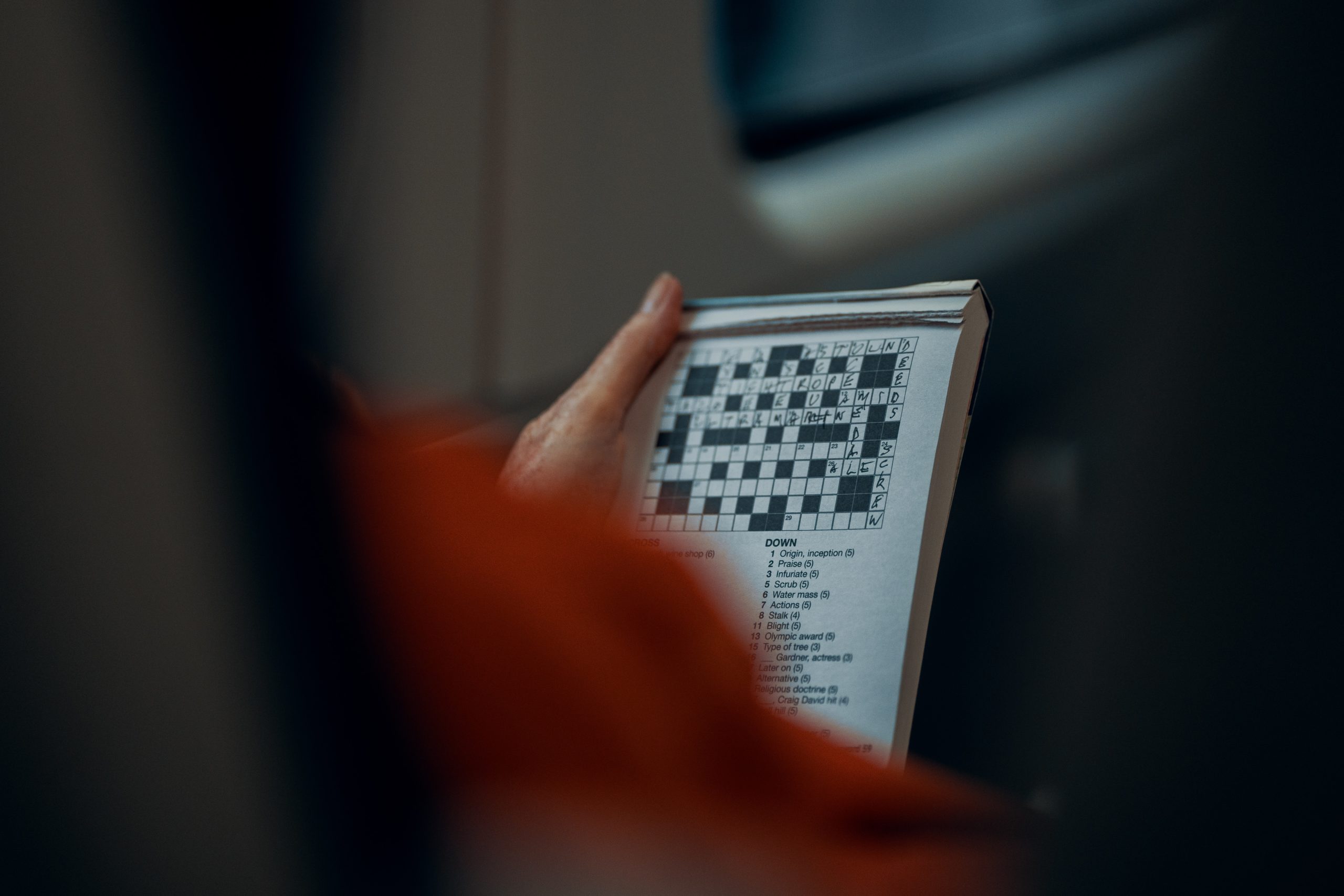
I tell my students that winning isn’t the most important thing when they compete. Their goal should be to constantly improve. My thoughts are, if their goal is only to win, then they may seek out weak opponents to ensure victory. If they want to improve, then they’ll seek out stronger opponents who may defeat them initially, but as they learn they’ll get better. And improvement eventually leads to victory anyway.
This approach shifts the student’s attitudes, but it also places some of the burden of their development out of their hands. The reality of any competition is that no matter how great a player’s coach is or how rigorous their training sessions are, they will only be as good as the last person they defeated.
That means that the opponent has a responsibility to whomever they’re facing. Often, opponents think their commitments only go as far as their teammates and their own goals. Opponents are the best teachers though, but only under the right circumstances.
The opponent does not have to be talented (talent is definitely preferable, but not required). What they need is the sincere desire to play their best. A motivated opponent will show a player their mistakes by taking advantage of them in their pursuit of victory. They will reinforce good habits because only the good stuff will work against them. They improve a player’s improvisation and reaction as they experiment with new techniques and approaches. A strong opponent pushes the player to always be better.
Conversely, a weak opponent is someone who doesn’t give their best. They let mistakes slide. They don’t give their all in each match. They let the player win, instead of forcing them to endure losing. A weak opponent can be more skilled than the player, but they don’t use those skills to help the player improve. Any time spent competing with them is never as fruitful as it could be.
It’s the opponent’s responsibility to be the best that they can. It’s not just about helping others get better- that effort comes back to the opponent as well. As the saying goes, steel sharpens steel, and as everyone improves, so does the opponent. Loss teaches more than victory does, which is ultimately why the opponent is a better teacher than a coach, The opponent must take that role seriously for everyone’s benefit.









